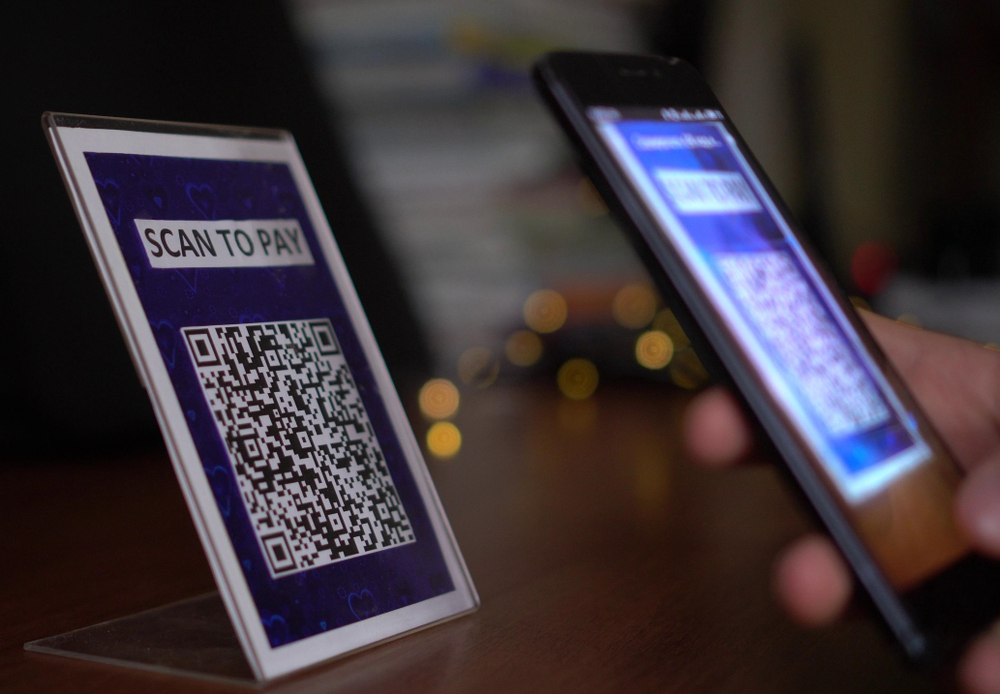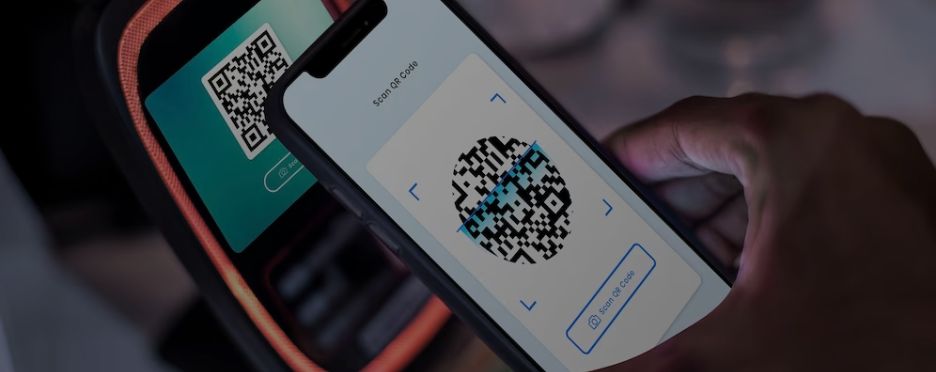Curbing Scams in Unified Payments Interface

The white paper discusses a set of solutions for the ecosystem of actors to consider in tackling and curbing the illegitimate activity of scamsters and other fraudulent actors over the very popular Unified Payments Interface (UPI) of India.
Part 2 – Is lack of trust keeping customers away from digital financial services? – Understanding the contours of trust
Proximate grounds of trust In the first blog in our trust series, we laid down the contours of trust. In this blog, we attempt to unpack what the proximate grounds for trusting Digital Financial Services or DFS may be. Trust is the most cited motivator for the adoption of digital financial services or DFS (Kajol […]
Part 1- Is lack of trust keeping customers away from digital financial services? Understanding the contours of trust

This blog is the first in our trust series where we study trust in digital financial services. This blog attempts to lay down the conceptual contours of trust.
From digitisation to platformisation — how social protection schemes can be made more accessible
Social Protection Open Digital Ecosystems (SP-ODEs) can provide beneficiaries, government and service providers a unified, digital platform to better access welfare schemes.
From Digital Payments to Financial Inclusion: The Challenges Ahead
Digital payments are currently being envisioned as a gateway to financial inclusion for the poor and marginalised in India. In this article, Indradeep Ghosh, Executive Director, Dvara Research, examines the rationale for such a vision. He argues that the penetration of digital payments remains low for the poor and marginalised, partly because of unfavourable economics and partly because digital payments interfaces are not well designed to suit this segment. If India can overcome these two hurdles, then digital payments can indeed become more common among the poor and marginalised, and thereby catalyse much wider and deeper financial inclusion in India than has hitherto been possible.
Comments to the Reserve Bank of India on the Report of the Working Group on Digital Lending including Lending through Online Platforms and Mobile Apps dated 18 November 2021
In this blog post, we present our comments to the Report of the Working Group on Digital Lending including Lending through Online Platforms and Mobile Apps, November 2021 (the Report) in response to the call for comments from all stakeholders by the Reserve Bank of India (RBI).
Fintech in India: Can the trust stack up?
Providing a human interface at crucial touch points such consent, disclosure, and grievance redressal will allow for trust in fintech to rise, driving financial inclusion
Designing a consent artefact for digital financial services to cater to constrained users
In this policy brief, we review the literature to uncover the deficiencies of the consent model and propose measures to improve the consent artefact for new to technology and constrained users.
A Primer on Competition in the Digital Economy
Disruptive innovations (mainly through digitalisation) are resulting in a change in the structure of
markets and their functioning, emergence of new business models as well as new products and
processes (Organisation for Economic Co-operation and Development, 2017).
A Convening on ‘Emerging Customer Risks in Digital Lending in India’
A Convening on ‘Emerging Customer Risks in Digital Lending’ was conducted on April 22nd and 23rd, 2021, by Dvara Research Foundation in collaboration with the Consultative Group to Assist the Poor (CGAP).

